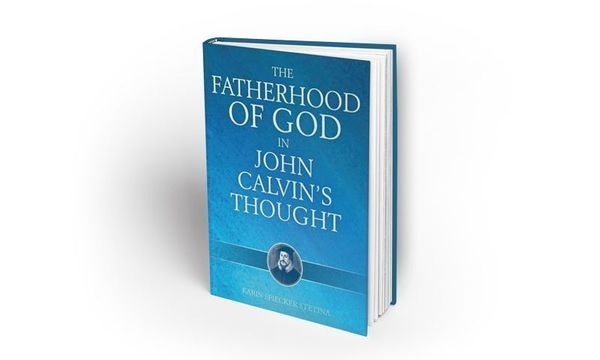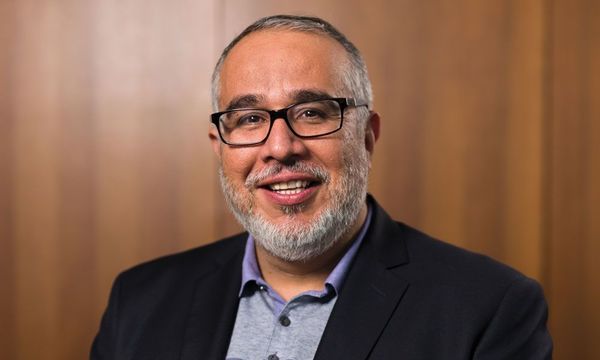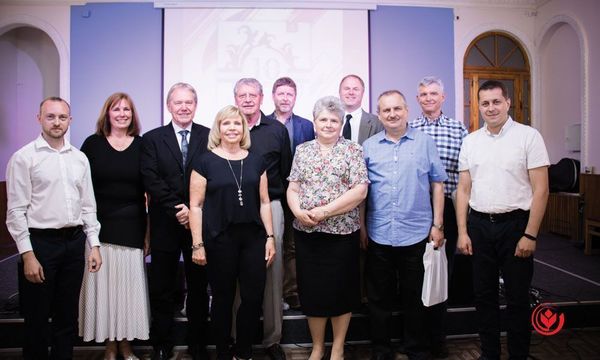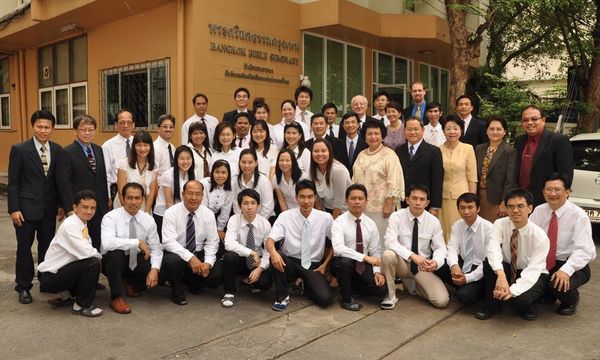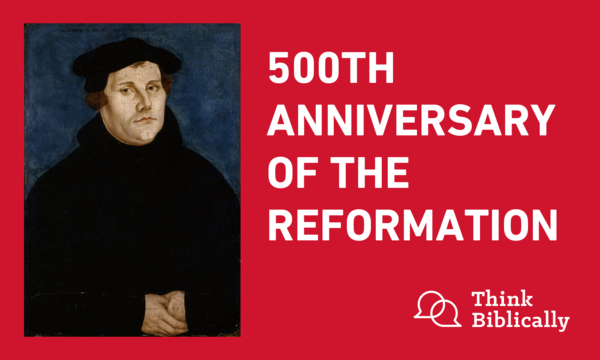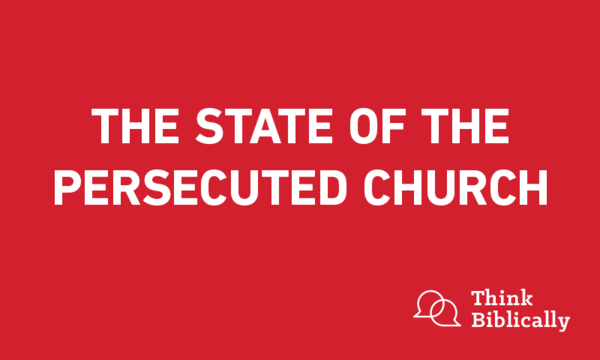Blogs & Podcasts
![]()
Becoming Biola
Explore Life at Biola University![]()
![]()
![]()
Bravo!
Biola University Conservatory of Music![]()
Business. Ministry. Life.
Crowell School of Business![]()
GRIT
a resource collective for women![]()
Opening Question
Torrey Honors College![]()
![]()
Talbot Magazine
Talbot School of Theology![]()
The Faculty Cut
Resources from the Snyder School of Cinema and Media Arts' Industry Professionals![]()
The Good Book Blog
Talbot School of Theology Faculty Blog![]()
Think Biblically
Conversations on Faith and Culture![]()
Winsome Conviction
Cultivating Conviction with Civility
Latest Posts
Faculty Profile: Karin Stetina
Newest Professor to Theology Department
Book Excerpt: Grounding the Character of Fatherhood in God's Self-Revelation
Excerpt adapted from "The Fatherhood of God in John Calvin's Thought," by Karin Spiecker Stetina
Shelf Life
Recent publications from our very own Talbot Faculty.
Historical Theology for Modern Thailand
Karl Dahlfred's (Th.M. '11) heart for Thai church history
Best of the Blog
What Does a Swastika Mean to Me?
Why Doesn’t the Bible Speak to Me?
Weekly Q & A with Dr. William Lane Craig
Biola University Increases Veteran Support on Campus
New Biola Veterans Association provides further support for veterans
500th Anniversary of the Reformation
with professor Alan Gomes
Biola University Announces New School of Cinema and Media Arts
Film school set to open at Biola University in July 2018
Out-Gospel the Growing
a blog response to The Biola Hour on Uncomfortable Church
Engaging in Intercultural Friendships
a chapel from Biola’s Global Students
Must We Prove God’s Superlative Attributes?
Weekly Q & A with Dr. William Lane Craig
The State of the Persecuted Church
with David Curry, CEO of Open Doors, USA
How To Maintain Friendships While Dating
a blog post by Jasmyne Bell
 Biola University
Biola University












